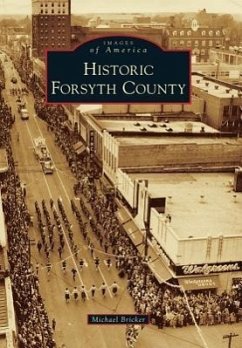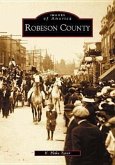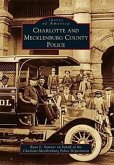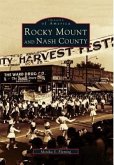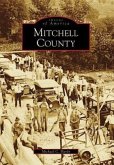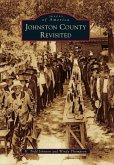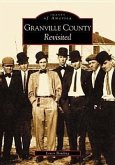Forsyth County, named for Benjamin Forsyth, was founded in 1849 from Stokes County. Moravians originally moved into the area in 1753 and established the 100,000-acre Wachovia tract, but it was more formally settled later by Scot-Irish and English pioneers. In Historic Forsyth County, lost towns and neighborhoods, significant sites in the area from the Revolutionary War to World War II, are profiled in archival photographs and text. Some events and persons involved include Gottlieb Schober, creator of the first modern paper mill in the United States. The paper mill's settlement in Salem was a stop for a large percentage of settlers going west between 1805 and 1820. In 1920, the creation-versus-evolution debate came to the forefront in a Forsyth County house of worship. This religious meeting set the stage for North Carolina endorsing evolution and teaching it in the county's public school system.

